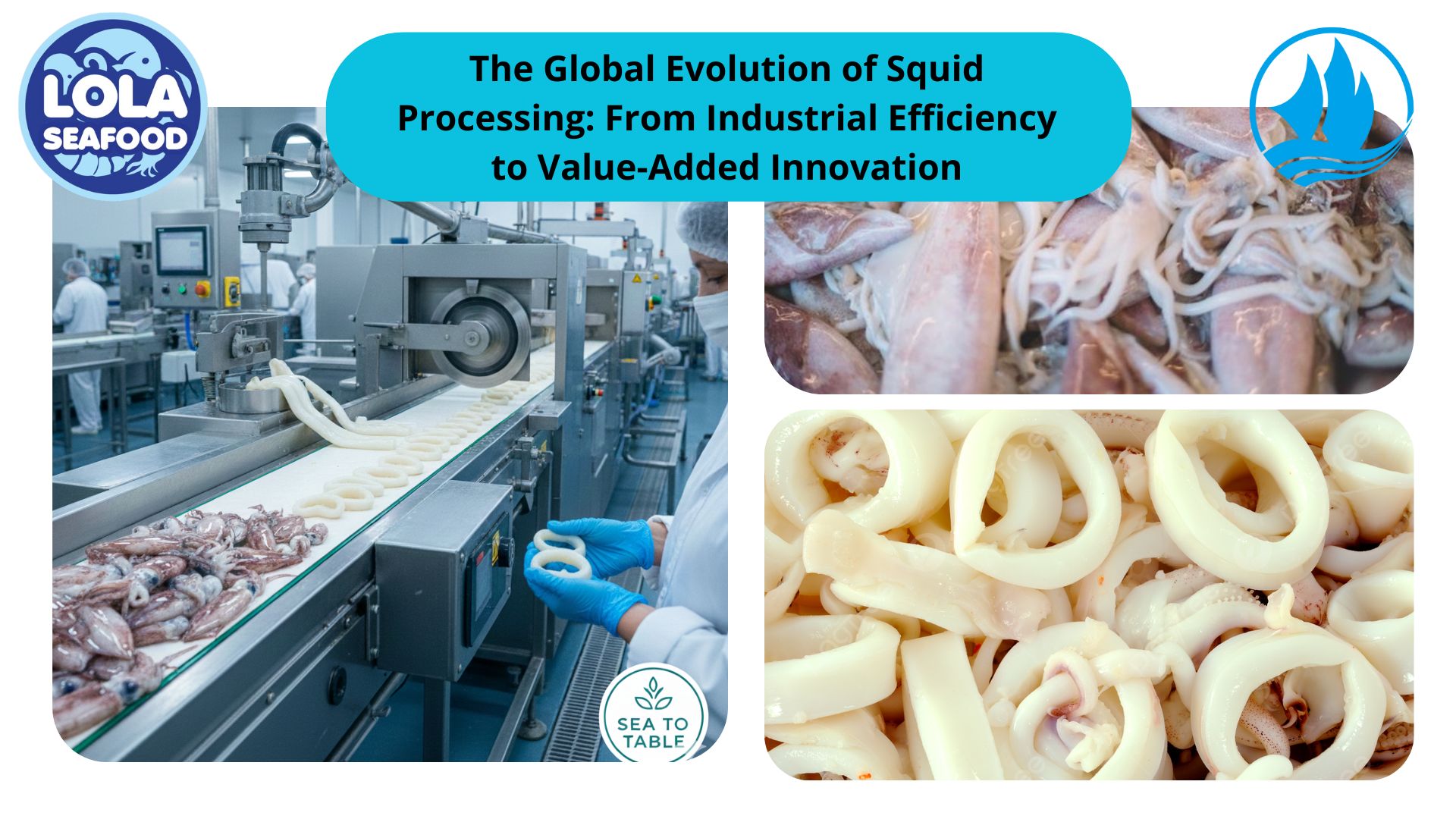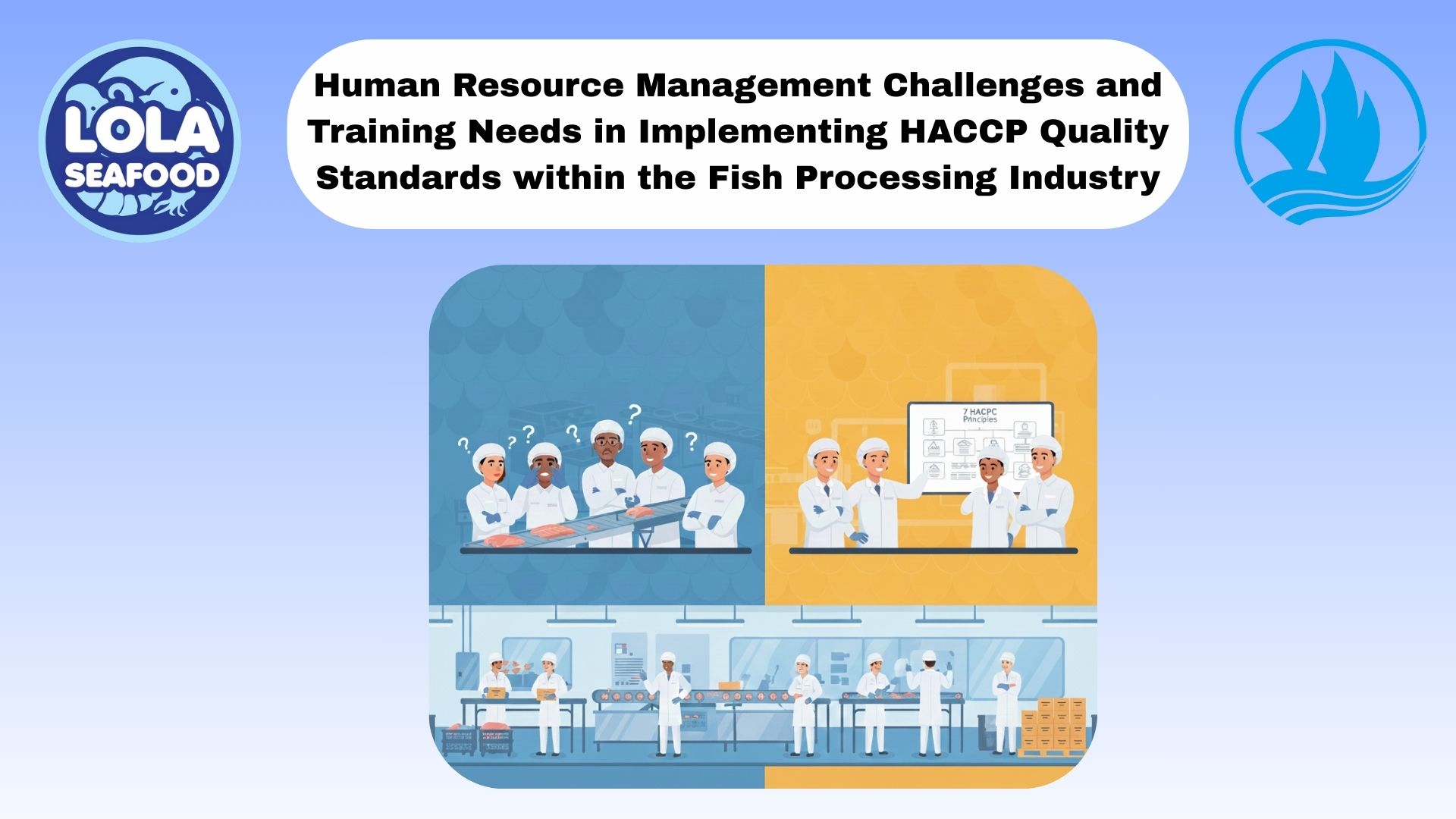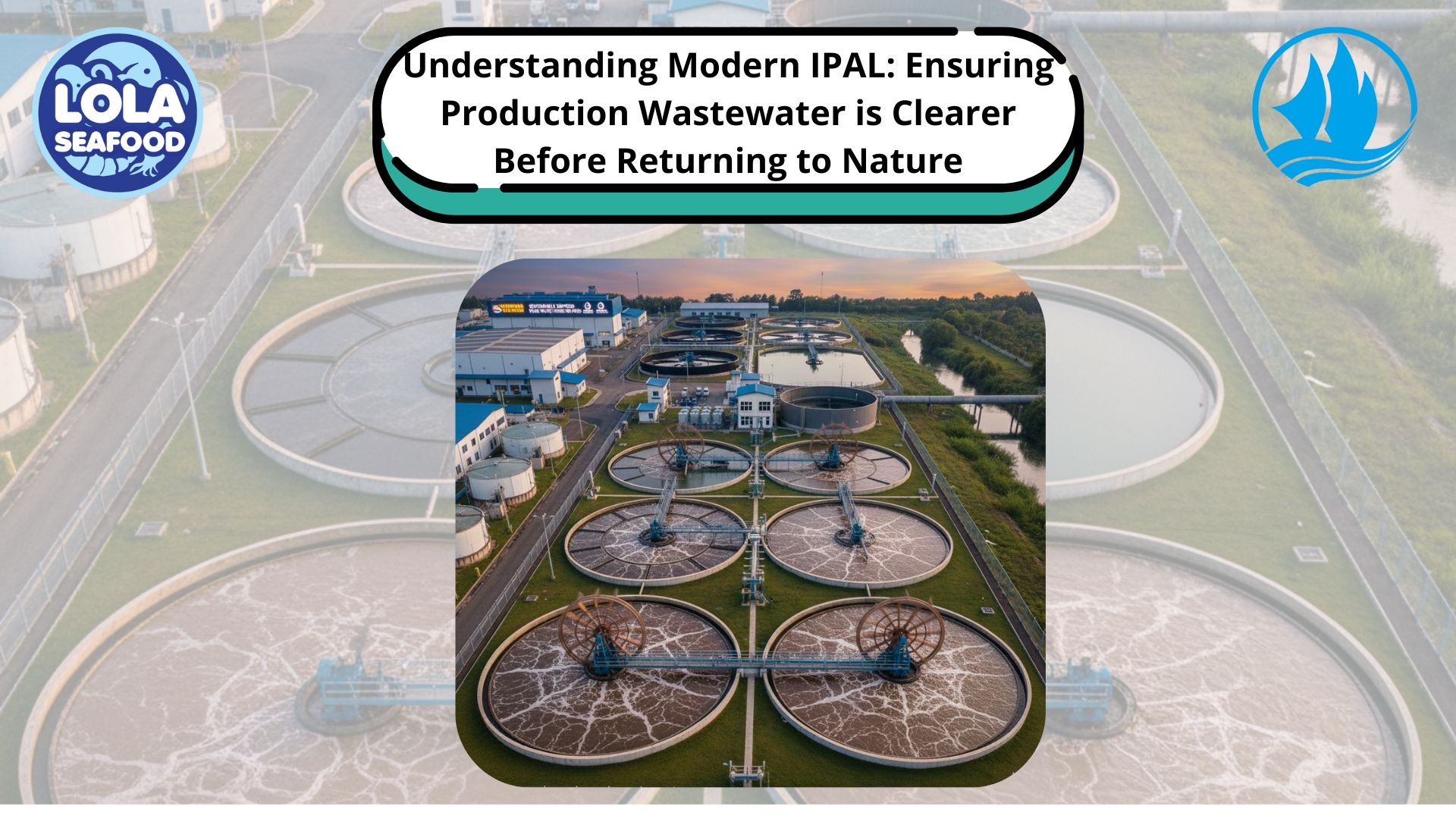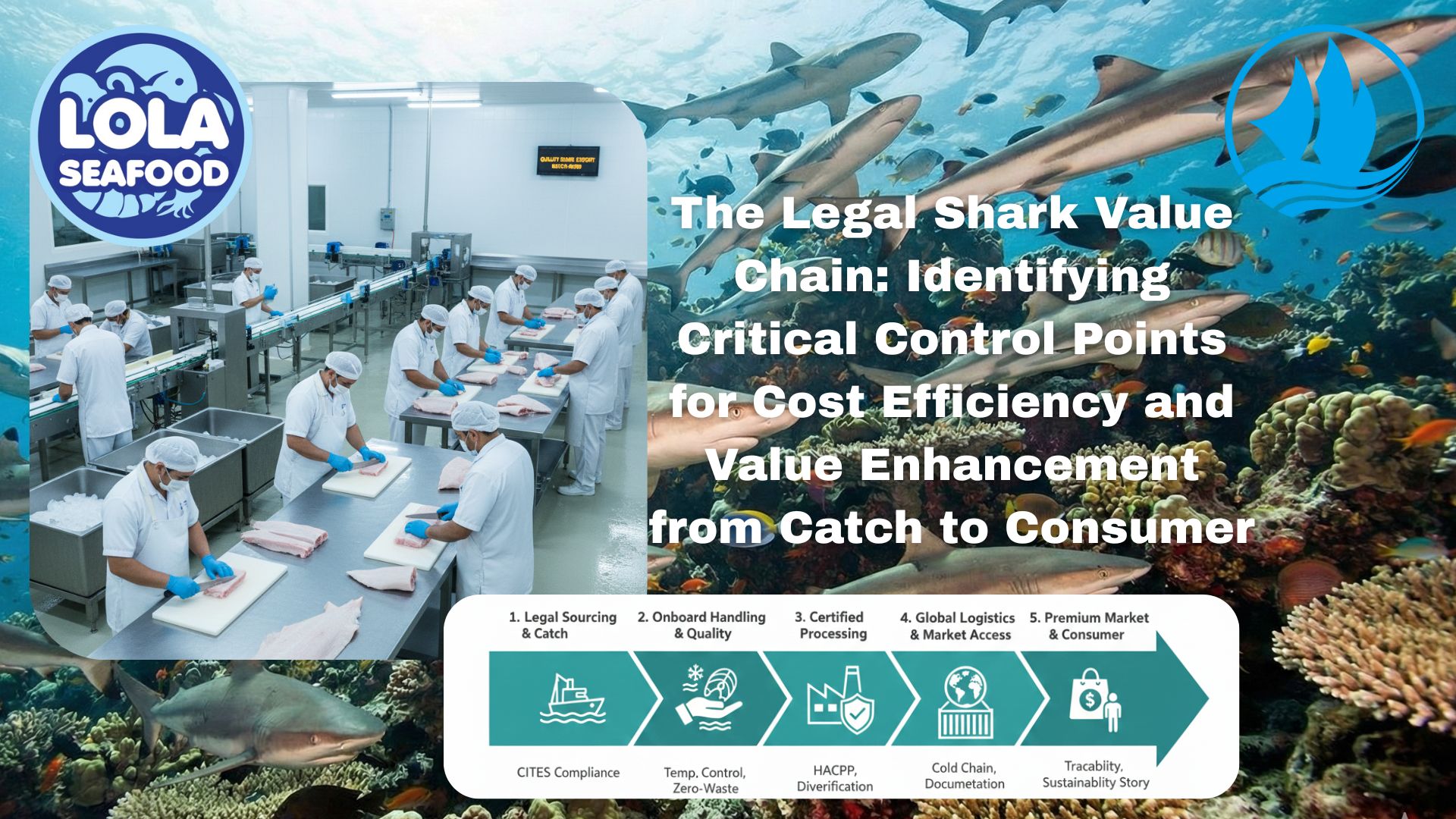Requirements for the Use of Lamps in the Fish Processing Industry
By. Sofie Thoriq - 07 Jan 2025.jpg)
Kelolalaut.com The fish processing industry is highly regulated to ensure food safety, product quality, and worker safety. Lighting plays a pivotal role in meeting these objectives by ensuring optimal visibility, maintaining hygienic conditions, and enhancing operational efficiency. Lamps used in this industry must adhere to specific requirements to address these concerns effectively.
1. Hygienic Design and Material Standards
Lamps in fish processing facilities must comply with stringent hygiene standards. This includes being designed with smooth, easy-to-clean surfaces that resist the accumulation of dirt, dust, or moisture. Light fixtures should be constructed using non-corrosive and food-grade materials, such as stainless steel or specific plastics, to withstand the humid and salty conditions typical of fish processing plants.
Sealed and shatterproof designs are critical to prevent contamination. In case of breakage, shatterproof lamps or protective coverings ensure glass shards and other debris do not contaminate the product or processing environment.
2. Appropriate Lighting Levels
Proper illumination is essential for maintaining food quality and ensuring worker efficiency. Regulatory guidelines, such as those provided by the U.S. Food and Drug Administration (FDA) or the European Union’s food safety standards, often mandate specific lighting levels.
Typically, general processing areas require illumination of 500-1000 lux, while inspection areas demand higher levels, around 1000-1500 lux, to enable workers to detect defects or contaminants in fish products. Uniform lighting reduces shadows and glare, ensuring tasks are performed accurately and efficiently.
3. Resistance to Environmental Conditions
Fish processing facilities are characterized by harsh environmental conditions, including high humidity, low temperatures, and the presence of water and chemicals used for cleaning and sanitization. Lamps must be rated for water resistance (e.g., IP65 or higher) and be resistant to corrosion and temperature fluctuations.
Additionally, lamps should withstand exposure to cleaning agents and disinfectants without degrading or posing a risk of contamination. This robustness ensures the longevity of the lighting system and minimizes downtime caused by frequent replacements.
4. Energy Efficiency and Sustainability
Given the long operational hours of fish processing plants, energy efficiency is a crucial consideration. LED lamps are widely preferred due to their low energy consumption, long lifespan, and minimal heat emission. These characteristics not only reduce operating costs but also contribute to maintaining the cool temperatures required in fish processing environments.
Sustainability is another key aspect, with many facilities opting for eco-friendly lighting solutions that align with their environmental goals. LEDs also lack harmful substances like mercury, making them safer and more environmentally friendly than traditional fluorescent or incandescent lamps.
5. Compliance with Safety Regulations
Safety regulations, such as those enforced by the Occupational Safety and Health Administration (OSHA), require lamps to meet specific safety and performance standards. Proper lighting enhances workplace safety by reducing the risk of accidents, such as slips and falls, which are common in wet and slippery environments.
Emergency lighting systems must also be installed and maintained to ensure safe evacuation during power outages or emergencies. These systems should be battery-backed and positioned strategically throughout the facility.
Lamps in the fish processing industry are more than just sources of light; they are integral to maintaining food safety, operational efficiency, and worker well-being. By adhering to hygiene, environmental, energy, and safety requirements, businesses can ensure compliance with regulations, minimize risks, and achieve sustainable operations.
If youre interested in our Emperor Fillet Skinless, Snapper Fillet Skinless, Crimson Snapper Whole Round, Parrotfish Fillet Skinless, and Grouper Fillet Skinless please do not hesitate to contact us through email and/or whatsapp.
.jpg)
The Impact of HACCP-Based Integrated Quality Management Programs on the Quality and Competitiveness of Fresh Demersal Fish Products
 and Employee Productivity on the Demersal Fish Processing Floor.jpg)
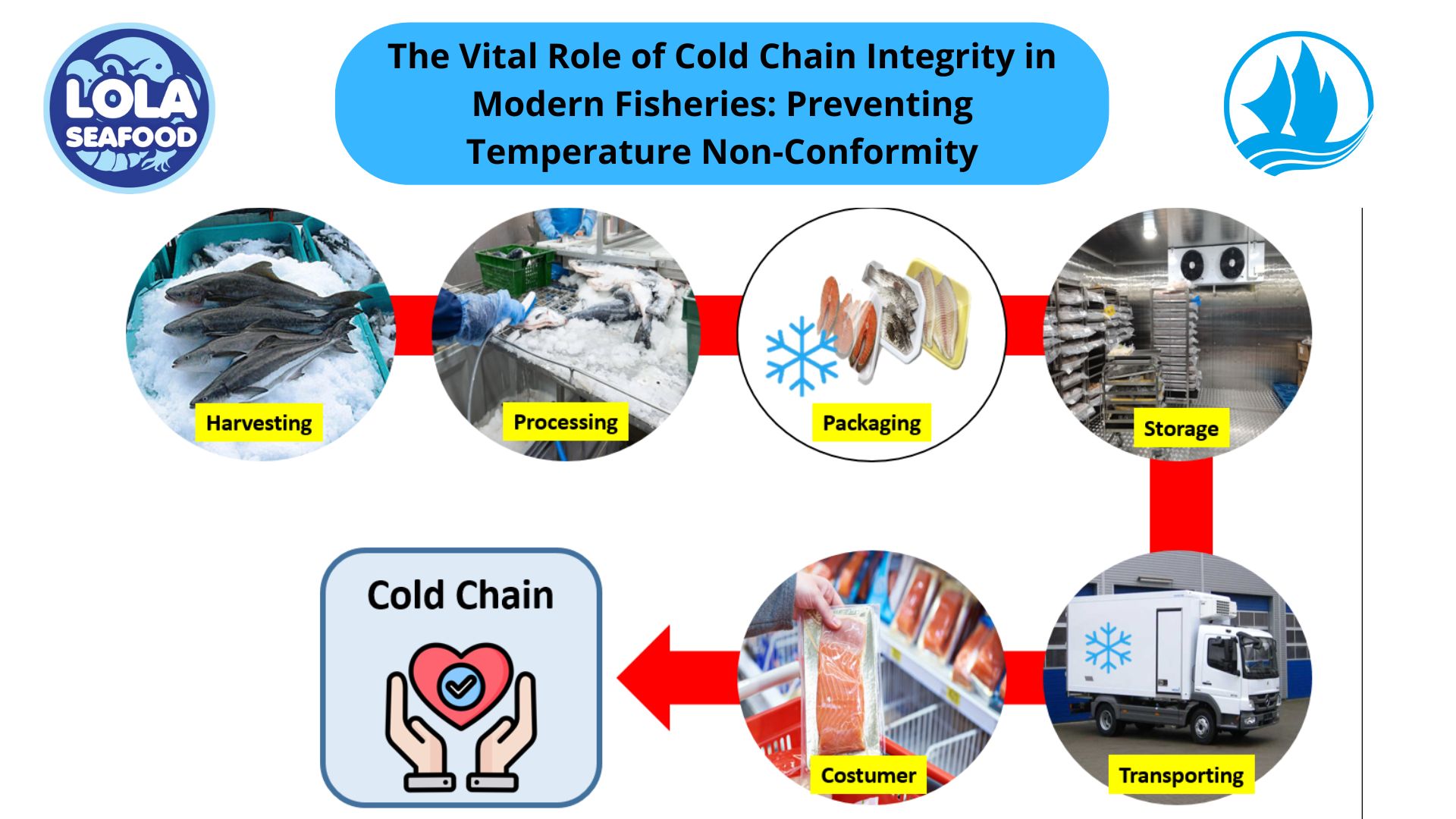
.jpg)
